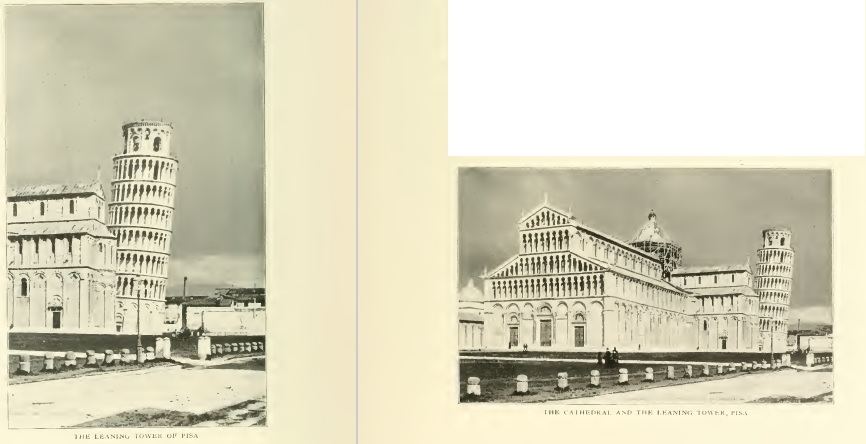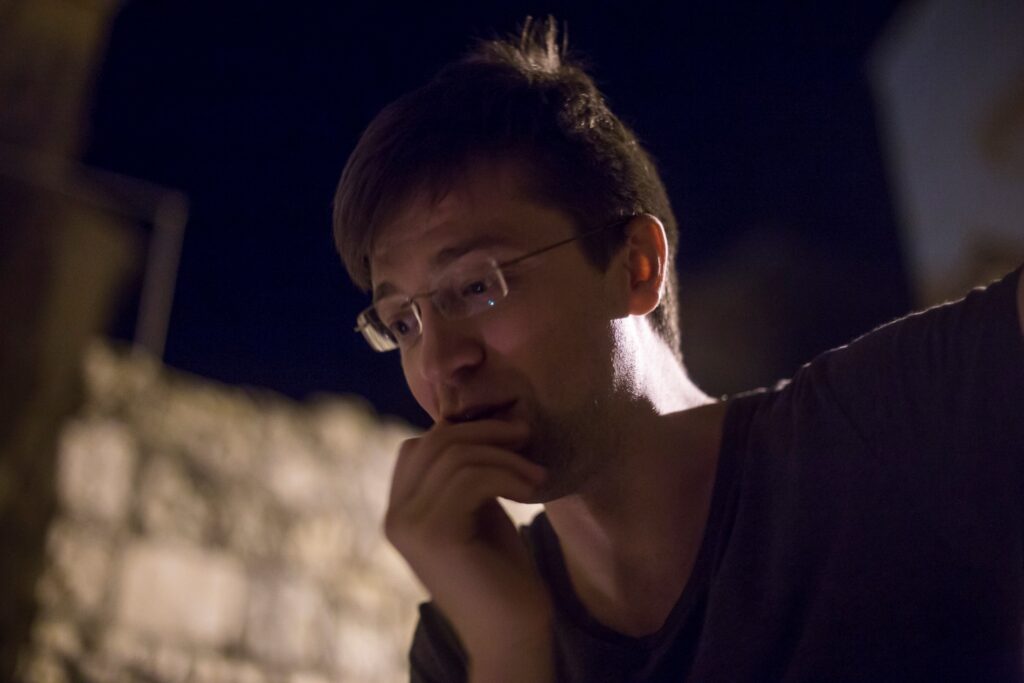< Program < PANEL NO. 7: In the Theatre
In their accounts of narration in early cinema Gunning (1991) and Gaudreault (2009) have argued for the existence of fictional narrators. At the same time, they have dismissed the possibility that lecturers fulfilled that role by claiming that they are external to the film text. In this presentation, I look at the famous turn-of-the-century travelogue lecturer E. Burton Holmes to make three points. First, based on contemporary accounts of lectures I argue that during early cinema it was not necessarily the recorded content that constituted the text as it is the case today. Instead, oftentimes the whole screening was a hybrid text made up of both the lecture and images. Second, with recourse to Walton’s (1990) theory of fiction, I argue that the lecturers had the power to transform travelogues into games of make-believe with a simple turn of the phrase. By using narrative present tense, Holmes invited audience to make-believe they are taking the trip as the lecture unfold. In other words, what we think of as documentary accounts of travels to foreign lands were often presented as fictions to contemporary audiences. Building on Altman’s (2004) analysis of Holmes’ (1901) written lectures, finally, I argue that Holmes’ performances constitute some of the earliest instances of fictional narration in cinema. He secures this through a combination of narrative present tense, the use of “we”, and the use of images and films. In other words, Holmes’ “verbal track” secures the continuity and spatial overlapping of the elements in the “image track” making the latter appear as the visual representation of the observers’ point-of-view. Crucially, in the hybrid-text that is Holmes’ lecture, Holmes is the fictional narrator who is responsible for all of the images we see and sounds we hear.

Mario Slugan (Queen Mary University of London)

Mario Slugan is Lecturer in Film Studies at Queen Mary University of London. He has authored three monographs – Montage as Perceptual Experience: Berlin Alexanderplatz from Döblin to Fassbinder (Camden House, 2017), Noël Carroll on Film: A Philosophy of Art and Popular Culture (Bloomsbury, 2019) and Fiction and Imagination in Early Cinema: A Philosophical Approach to Film History (Bloomsbury, 2019, forthcoming) – and has co-organized the Rethinking the Attractions-Narrative Dialectics: New Approaches to Early Cinema (Ghent University, 2018) which is to culminate in a co-edited volume New Early Cinema History: Concepts, Methods, Applications.
